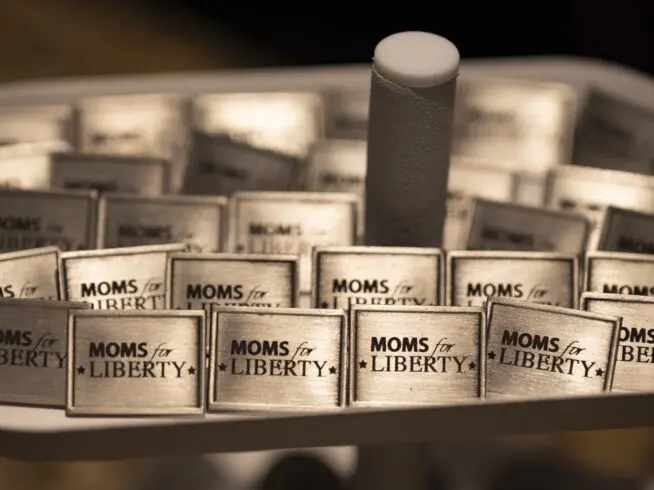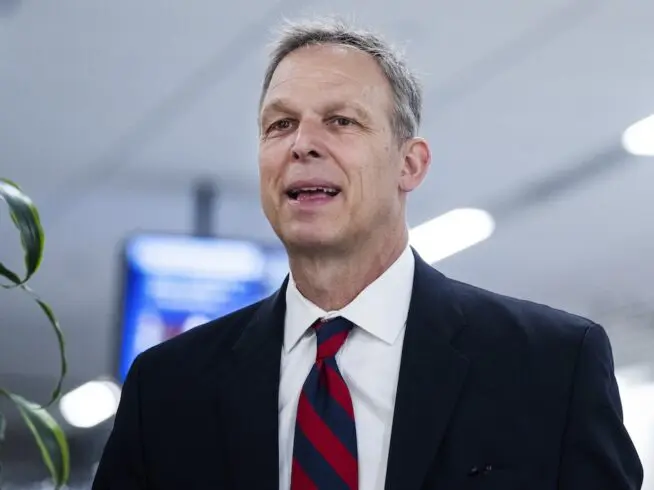Americans should be very worried about Supreme Court immunity decision, legal experts say
According to constitutional law experts, the Supreme Court’s ruling in Trump v. United States gives the president autocratic power.

The U.S. Supreme Court’s recent ruling that former President Donald Trump and all future presidents have broad immunity from prosecution for official acts should greatly worry Americans, experts say.
The case, Trump v. United States, stems from a federal grand jury’s August 2023 indictment of the former president on four counts related to his conduct during the insurrection by his supporters at the U.S. Capitol on Jan. 6, 2021. Trump was charged with conspiracy to defraud the United States, conspiracy to obstruct an official proceeding, obstruction of and attempted obstruction of an official proceeding, and conspiracy against rights.
On July 1, the Supreme Court handed down its ruling in the case, in which the six-justice conservative majority held that presidents cannot be held accountable for a wide range of conduct while in office.
“Appreciating the ‘unique risks’ that arise when the President’s energies are diverted by proceedings that might render him ‘unduly cautious in the discharge of his official duties,’ the Court has recognized Presidential immunities and privileges ‘rooted in the constitutional tradition of the separation of powers and supported by our history,’” Chief Justice John Roberts, appointed to the court by Republican President George W. Bush, wrote for the majority.
The opinion of the majority grants immunity from prosecution to presidents for official acts made during their administration. It doesn’t stop presidents from being held accountable for unofficial acts, but leaves the definition of those acts unclear, and even puts up barriers to future courts making that determination.
“In dividing official from unofficial conduct, courts may not inquire into the President’s motives,” Roberts wrote.
In her dissenting opinion, Justice Sonia Sotomayor, an appointee of President Barack Obama and one of the three liberals on the court, wrote that the conservative majority gives all future presidents an unprecedented level of impunity.
“The President of the United States is the most powerful person in the country, and possibly the world. When he uses his official powers in any way, under the majority’s reasoning, he now will be insulated from criminal prosecution,” Sotomayor wrote. “Orders the Navy’s Seal Team 6 to assassinate a political rival? Immune. Organizes a military coup to hold onto power? Immune. Takes a bribe in exchange for a pardon? Immune. Immune, immune, immune.”
While Roberts accuses the dissenting liberals of “fear mongering,” two law professors who co-authored a friend-of-the-court brief on the case told the Pennsylvania Independent that Sotomayor’s concerns are far from hyperbole.
“You notice that Roberts doesn’t deny that his rule would apply. He just says it’s fearmongering, I guess on the implied basis that, well, golly, no president would actually do that,” said Frank O. Bowman III, professor emeritus at the University of Missouri School of Law. “But he doesn’t say that if the President did do that, that his rule wouldn’t apply.”
The immunity Roberts writes of is actually nowhere to be found in the Constitution, Bowman said: “This is an utterly shocking opinion. The Supreme Court creates essentially out of whole cloth a system of presidential immunity.”
New York University law professor Peter Shane said that the power granted to future presidents by the ruling goes far beyond previous legal precedent.
“Most presidents, I think, have assumed that the conventional wisdom is what we described in the amicus brief, which is that presidents, once out of office, are subject to prosecution for their crimes,” Shane said. “This is obviously what Gerald Ford and Richard Nixon assumed in the wake of Watergate. I think had the current court been in power, there’s a decent question whether what Nixon did would have been regarded as subject to prosecution.”
How worried should the average person be about the implications of this ruling?
“Very,” Shane said. “The average person should be very worried if Trump or a similarly authoritarian president or corrupt president is elected, that they will be able — if the court’s rhetoric is taken seriously — that they will have free rein to, again, manage the resources of government in a corrupt way without being held accountable.
“The answer is, well, it’s always possible to impeach them. In a highly polarized environment, the chances of removing a president with a two-thirds vote of the Senate is just a fantasy,” Shane said. “And this was true even during the Clinton impeachment, when we probably were not quite as polarized as we are now. The idea that you had so few Republican votes to remove Trump during the second impeachment trial just shows you how bad things are.”




